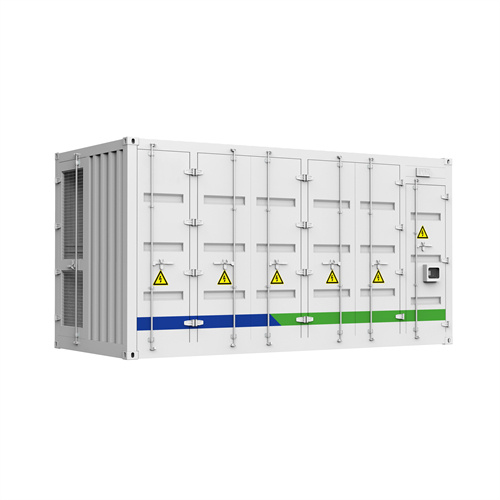What is a solar energy storage system
As the photovoltaic (PV) industry continues to evolve, advancements in a solar energy storage system have become critical to optimizing the utilization of renewable energy sources. From innovative battery technologies to intelligent energy management systems, these solutions are transforming the way we store and distribute solar-generated electricity.
6 FAQs about [What is a solar energy storage system ]
What is energy storage & how does it work?
Sometimes energy storage is co-located with, or placed next to, a solar energy system, and sometimes the storage system stands alone, but in either configuration, it can help more effectively integrate solar into the energy landscape. What Is Energy Storage?
What is solar storage?
Solar storage, also known as energy storage, plays an important role in the solar industry and how people use and consume energy. When a homeowner chooses to go solar and install solar panels, they have an option to add solar batteries as well.
How does solar storage work?
During the day, the solar system generates electricity and uses it to power your home and charge the home solar storage battery. In the evening, when the solar system isn’t producing electricity, the stored energy in the battery can be used to decrease the amount of electricity drawn from the grid.
Why is solar energy storage important?
Storing this surplus energy is essential to getting the most out of any solar panel system, and can result in cost-savings, more efficient energy grids, and decreased fossil fuel emissions. Solar energy storage has a few main benefits: Balancing electric loads. If electricity isn’t stored, it has to be used at the moment it’s generated.
What is a residential solar energy storage system?
Residential solar energy storage systems are used in homes equipped with solar panels. These storage systems help maximize the use of solar power generated by the panels, providing electricity during power outages or lowering electricity bills by allowing homeowners to avoid using power from the grid at peak times.
Why do homeowners need a solar + storage system?
Homeowners need a solar + storage system because they can choose how they use the energy that their solar system generates*. They can store the energy for use during the evening,* to mitigate peak-energy charges (time-of-use pricing) from their utility,* or in case of a power outage.

